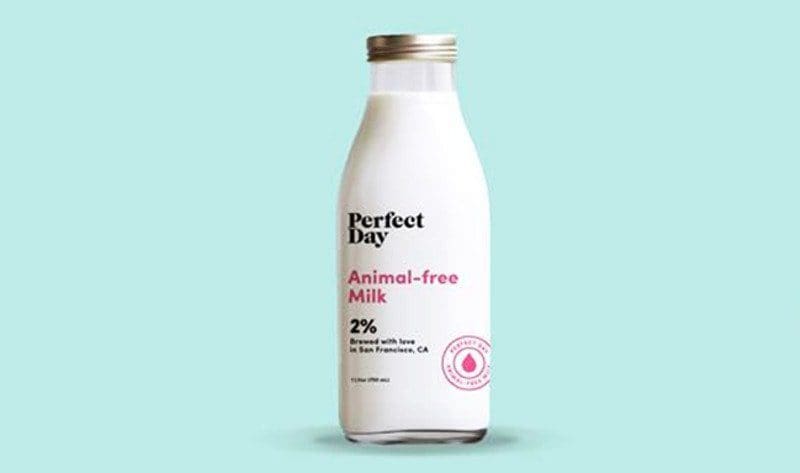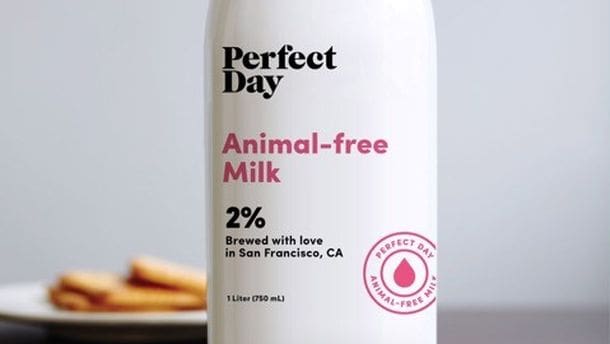The meat made in the laboratory is getting great attention, as are alternatives to meat made from vegetables. Today, milk proteins are also targeted by companies that produce food produced in an innovative and unconventional way.
Synthetic milk can replace traditional milk either alone or in a thousand products such as cheese or yogurt.
The origins
Perfect Day Inc., a Californian startup, has recreated the proteins of cow's milk without using animals. The company has developed a genetically modified microflora capable of producing both whey and casein through a fermentation process.
The approach is not dissimilar to that of yeast used to make beer. Yeast is also used in controlled environments to create fermented products – the difference between the two processes is only in the type and purpose of the yeast.
Perfect Day has the technology to obtain the "central nucleus" of milk, the protein component which constitutes the main and most important part. It is a vegan milk, lactose-free and with qualities identical to those of cow's milk: very important characteristics for consumers.
Conventional milk has approximately 3.3% protein, made up of 82% casein and 18% whey. The rest is divided between water, fats and carbohydrates.
The adventure of flavour
Milk is a versatile ingredient used in many products around the world. More than 70% of the milk sold is used for processed products: only a third is drunk (and the figure is constantly decreasing).
It may be difficult to produce synthetic whole milk due to the fats that make up the flavor and thickness of cow's milk. Protein is the heart of milk but it's not the only thing, and green alternatives to fat will need to mimic its flavor.
Products such as yogurt and cheese have different characteristics than fluid milk, and already have far fewer problems to be synthesized in the laboratory. And having the core of proteins available, the more protein the product will be, the more faithful its synthetic version will be.

Against malnutrition
Ryan PandyaCEO Perfect Day, He says: “We have started to understand how our proteins will help developing countries fight malnutrition with a series of specifically designed products.”
This purpose is connected to a goal: to produce these proteins in the most massive and economic way possible. Their introduction on the market must then be prudent to avoid collapsing a large part of the dairy industry in one go, but give it time to convert.
The future
We still need to work on these things before developing the synthetic dairy market. Reformulate the products, reformulate the economy linked to the products, reformulate the laws that will define what is milk and what is not.


